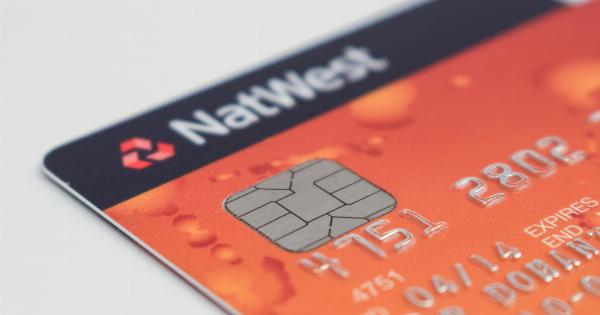When making a purchase or carrying out a financial transaction online, one of the key concerns is when the payment will go through.
In this article, we will explore the different factors that determine the timing of payment processing, including payment methods, banking processes, and industry practices.
1. Payment Methods and Processing Times
There are various payment methods available today, each with its own processing timeline. Let’s take a closer look at some commonly used payment options:.
1.1 Credit and Debit Cards
When you make a payment using a credit or debit card, the transaction typically goes through instantly. However, the actual time it takes for the payment to reflect on your bank statement may vary.
Some banks provide real-time transaction updates, while others may take a few hours or even days.
1.2 Online Payment Gateways
Online payment gateways, such as PayPal and Stripe, facilitate transactions between buyers and sellers. These platforms usually process payments within seconds or minutes.
However, the transfer of funds from the payment gateway to the recipient’s bank account may take longer, depending on the recipient’s banking institution.
1.3 Bank Transfers
Bank transfers involve the direct transfer of funds from one bank account to another. The exact timing of bank transfers can vary based on several factors, including the banks involved, their geographical locations, and any intermediary banks.
It’s essential to consider cut-off times for same-day processing, as transfers initiated after these times may take an additional business day to complete.
2. Banking Processes and Settlement Times
The timing of payment processing is also influenced by internal banking processes and settlement times. Here are some key factors to consider:.
2.1 Cut-Off Times
Banks and financial institutions have specific cut-off times to initiate transfers and payments each business day. Transactions initiated after these cut-off times are usually processed on the next business day.
2.2 Weekends and Holidays
Weekends and holidays affect the timing of payment processing. Transactions initiated on weekends or holidays are often processed on the next business day.
2.3 Time Zones
International transactions involving different time zones may experience delays in payment processing. Banks may need additional time to verify and process cross-border transfers.
3. Industry Practices and Terms
Aside from payment methods and banking processes, industry-specific practices and terms also impact the timing of payment processing. Let’s explore a few examples:.
3.1 Subscription-Based Services
When subscribing to services with recurring payments, the payment is usually processed on the predetermined date specified by the service provider. This may occur monthly, quarterly, or annually, depending on the terms of the subscription.
3.2 E-commerce Transactions
In e-commerce, the payment processing time may vary depending on the seller’s policies. Some retailers process payments immediately, while others may wait until the product is shipped to initiate payment processing.
3.3 Payment Verification
In certain instances, additional payment verification measures may be required. This can include manual reviews, fraud checks, or regulatory compliance procedures. Such procedures may introduce delays in the payment processing timeline.
4. Conclusion
In summary, the timing of payment processing depends on several factors, including the chosen payment method, banking processes, and industry-specific practices.
While some payments go through instantly, others may have a processing delay due to settlement times, bank cut-off times, or additional verification requirements. Keeping these factors in mind can help manage expectations and avoid unnecessary concerns when waiting for a payment to go through.






























